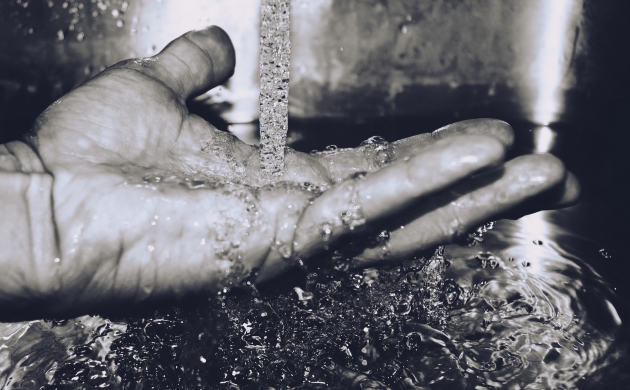With more than 30 years’ experience in the residential and commercial water treatment space, Mark Nelson is a Class 1 Drinking-Water Operator and a CBWA (Canadian Bottled Water Association) Certified Plant Operator. As founder and president of Nelson Water in Ottawa, Mark focuses on dealing with challenging water treatment system designs for problem water. He also heads the largest water bottling plant in the city of Ottawa with a delivery network throughout the Valley.
A water softener is a great way to improve your water supply making it softer, easier to use and kinder to you and your water using appliances. Sometimes, a water softener can start to develop a bad smell that will be noticeable around the home. This odor could be categorized as “fishy” or perhaps a “rotten egg” smell. In this article, we will look at why this occurs and how you can solve the problem in your home.
The Quality of Water
There are certain types of water chemistry that can generate the types of unpleasant odors that we are discussing here. This is quite rare, and a laboratory water quality test would be able to identify the source of the problem. Given the scope of this article, we will not explore any water quality issues here and assume that this has been eliminated as the source of the problem.
A Stinky Water Softener Tank
If the water chemistry is not to blame, the problem can usually be traced to your water softener tank. In fact, this is the best place to check first unless you have experienced water quality issues in the past. If the water softener tank has a stinky odour, it could be infested with sulfur bacteria. The sodium needed to create the brine used in water softener tanks can attract sulfur bacteria. As this bacteria grows, it produces hydrogen sulfide gas as a waste product. This gas is the source of the bad smells, and the only way to get rid of it is to carry out a thorough cleaning. Both the water softener and the brine tank should be professionally cleaned annually to keep them clean and ready for use. This cleaning process will kill the hydrogen sulfide and remove the terrible smell.
Bad Water Smells
Some people have bad smelling water even after it has been treated by a water softener. This unpleasant odour is often caused by elevated levels of sulfur, hydrogen sulfide or iron. This problem is quite common in more rural areas, the water is not particularly dangerous to health, but apart from the bad smell, these contaminants can make water unpalatable for drinking. The solution here is to add some extra water filtration to the home to remove these unwanted contaminants before the water passes through the water softener. This is a pre-filter, and it can easily be installed in front of your water softener system.
Get Your Water Tested First
Many of these water quality issues can be addressed easily if the composition of your water supply is understood before any water treatment systems are installed. A simple over the counter water testing kit can give you a rough idea of what you’re dealing with, but a laboratory test will be more accurate. Once you understand your water quality issue, you can make more informed decisions on the water treatment systems that you will need. It may be tempting to buy a water softener off the shelf, but it may not be able to deal with some of the constituents that are present in your water supply. Get some advice from a local water treatment professional; they will understand your local water conditions and they will know which water treatment systems work best in your area.

